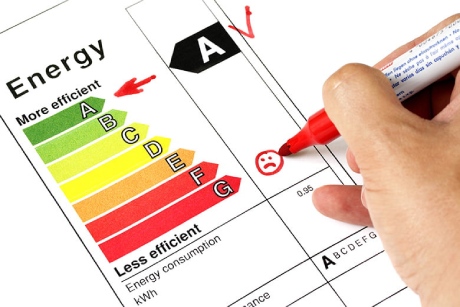Go paper-free
Amend paper-free preferences for your statements and correspondence.
Improving your homes energy efficiency to be more sustainable but don't know where to start? Find out more about what might work for you.
Checking your homes EPC is a great way to start to see what your current rating is and checking recommended improvements to increase this.
An EPC tells you how efficient your home is using a rating of A-G, with A being the most efficient and G being the least. This certificate is valid for 10 years.
You can get an EPC from an accredited energy assessor who visits the property to carry out an inspection. There isn’t a set price for an Energy Performance Certificate. The cost will vary by assessor and property size. As a guide, you can expect to pay between £60 and £120.
The report estimates the current cost for energy bills and also gives you ideas on how to improve the ratings. This might help you decide what changes you want to make when planning your home improvements.
Source: gov.uk/energy-performance-certificates

Tell us how much you want to borrow and over how long to get a quote. This won't affect your credit score.
If you go on to apply, you’ll get a loan decision online.